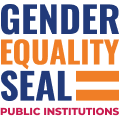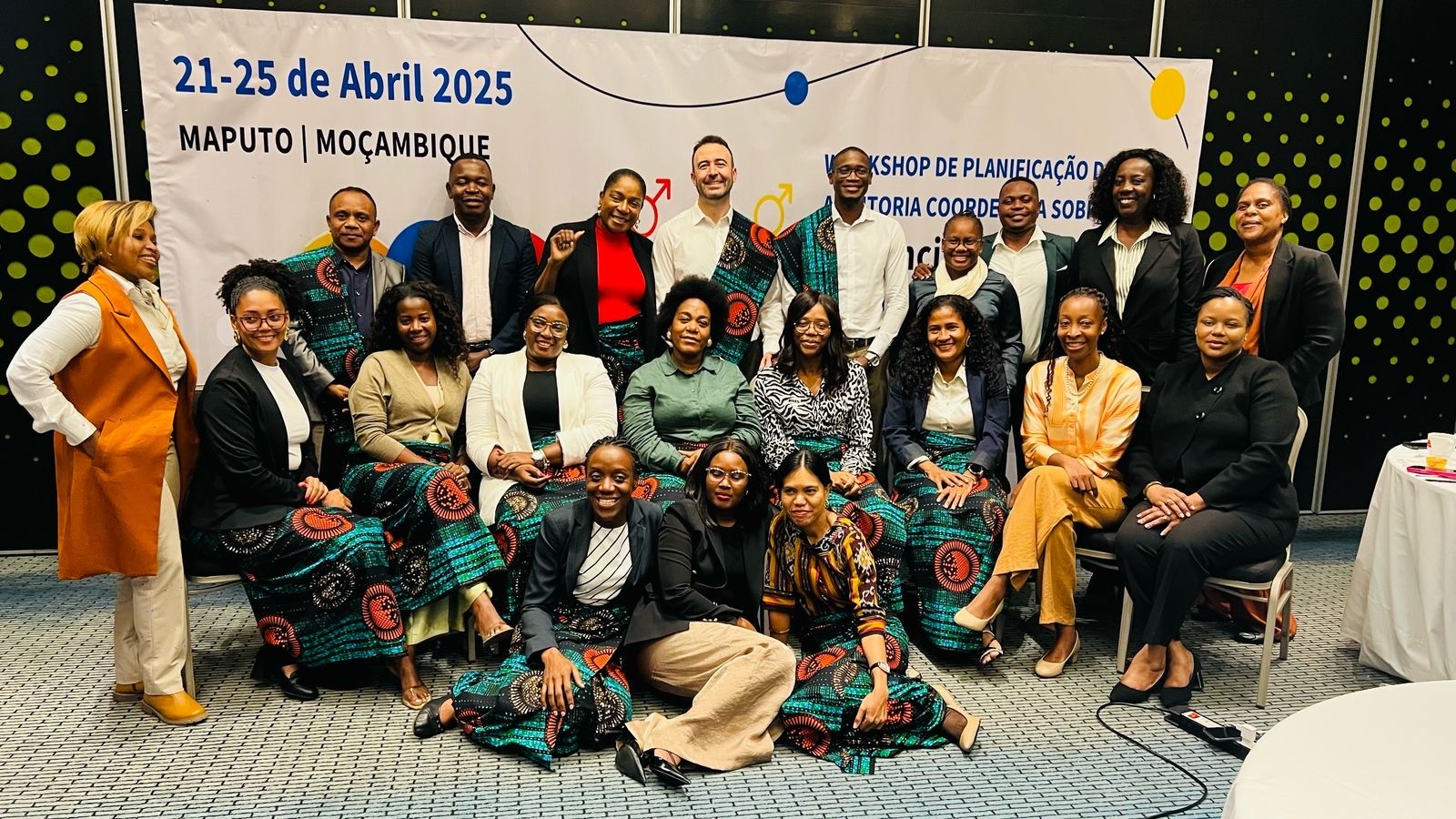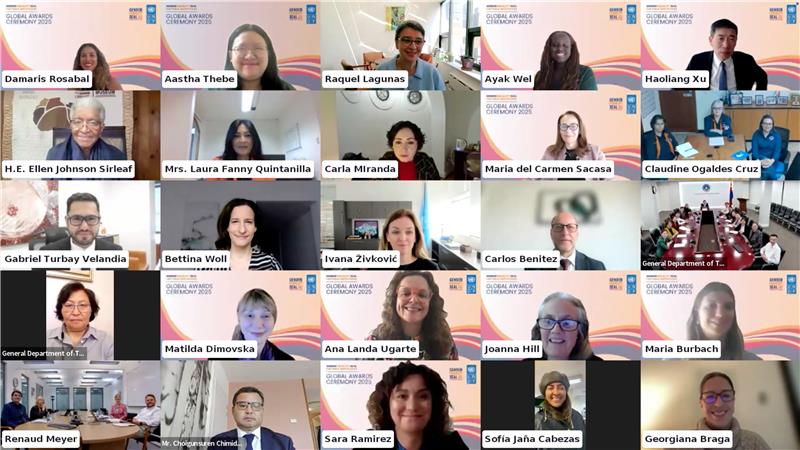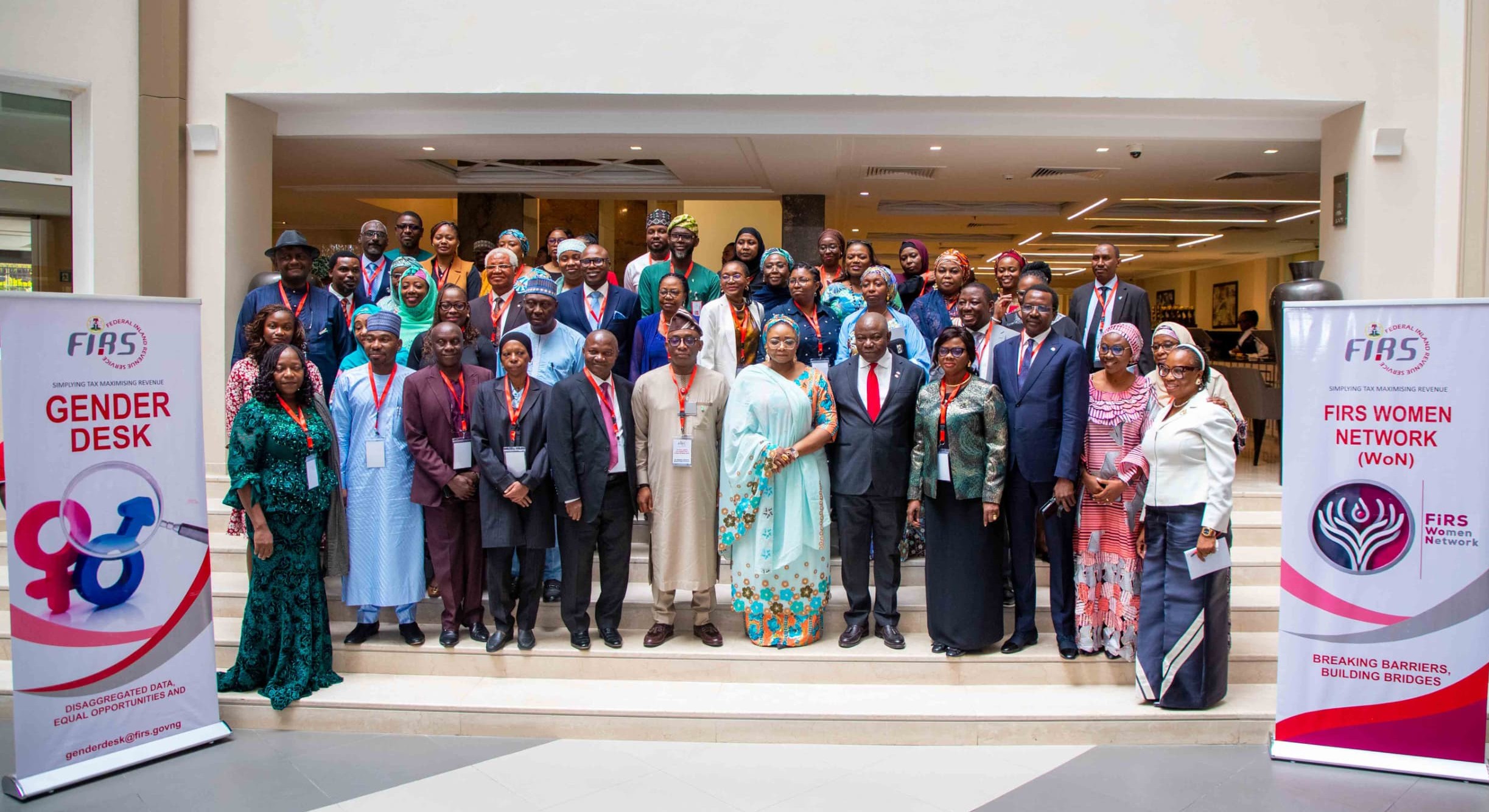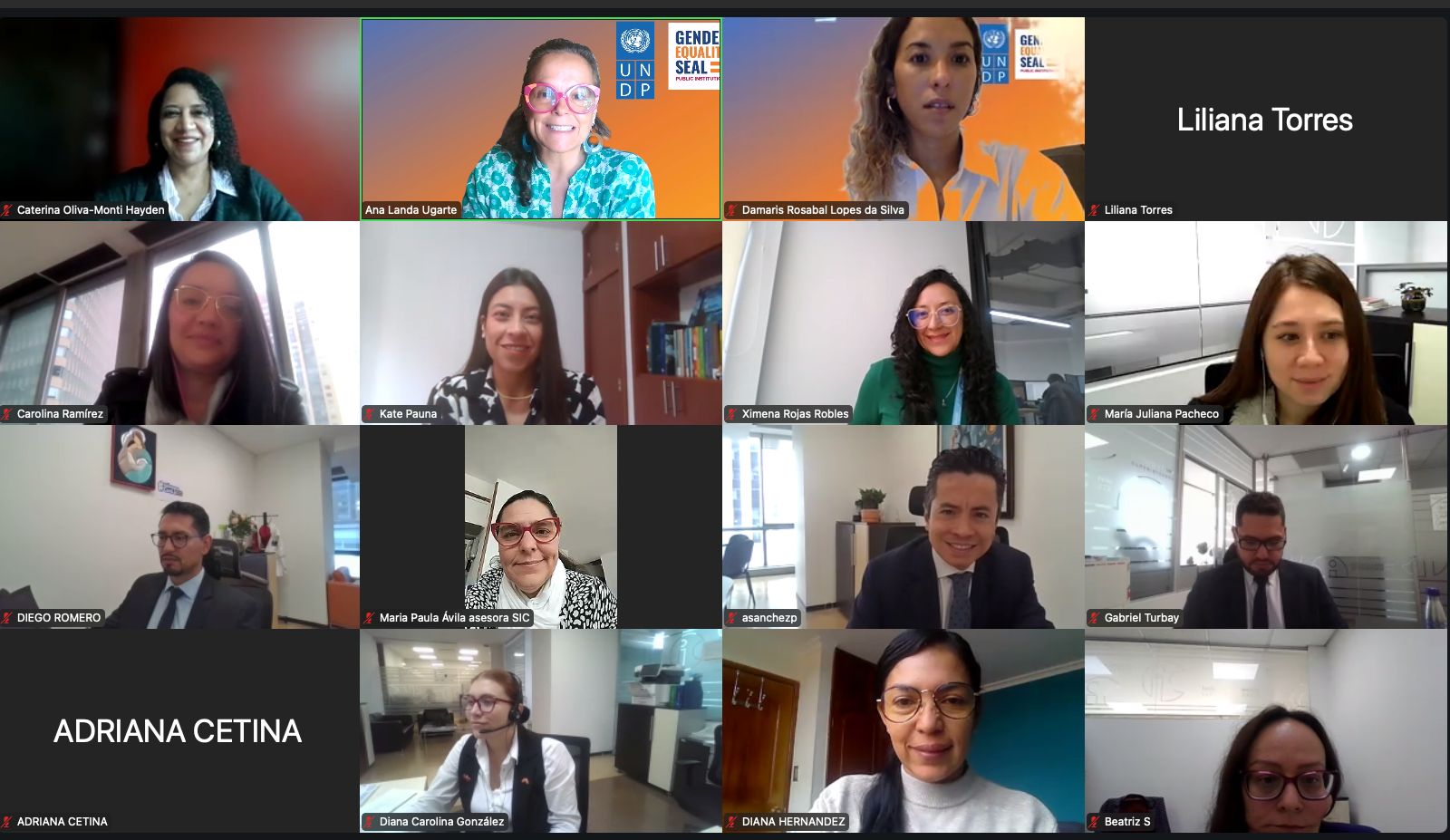
Between June and September 2024, the external assessments of six institutions participating in the Seal allowed us an intense journey full of discoveries and highly positive outcomes. In Colombia, the National Institute of Roads (INVIAS), the National Agency for Road Security (ANSV), the Superintendence of Health and the Superintendence of Commerce and Industry (SIC) and in Chile, the municipalities Nuñoa and Peñalolén showcased their advances and results in their respective Seal journeys.
The evaluations mark the final step in the Seal’s roadmap and are crucial for assessing how the institutions, by means of their political and technical commitment and dedicated work, together with the technical support of UNDP, have moved to the compliance global standards on gender equality. They are also a great and deserved opportunity for institutional learning, facilitating institutional reflection on the strategies implemented, the achievements made and the challenges faced and the actions needed to sustain and expand the achievements.
The rigorous and thorough assessment methodology has already been tested in over 30 public institutions worldwide and combines both quantitative and qualitative techniques. Includes reviewing evidence provided through the Seal’s online platform, and a one week online mission entailing direct consultations via semi-structured interviews and a wider staff opinion survey. External assessors triangulate the different sources and identify the findings, ensuring the results obtained by the institution are accurately reflected.
After three government periods and with the sustained commitment of the mayor, the Municipality of Peñalolén was awarded the Gold Seal -first municipality globally to achieve it- stands out as a leader in advancing inclusive and gender responsive municipal policies and services, particularly in terms of increasing women’s protection against gender violence and promoting their economic autonomy, including in the digital field, as well as raising awareness and mindset changing of citizens for a more inclusive, respectful and equal society. Also in Chile, and awarded the Silver Seal, the Municipality of Ñuñoa has managed shifting the orientation of municipal services towards women from a welfare focus to a human rights and empowerment approach, setting up a Comprehensive Care Center for Women, significantly increasing the quantity and quality support to women victims of gender violence. Through the Programme Women and Territories it is also strongly working to promote collaboration between women and feminist organizations in the territories.
Crossing the Andes, in Colombia, the National Institute of Roads -INVIAS- and the Agency for Road Security -ANSV- received the Silver Seal leadership for their contributions and results in the implementation of the national gender policy for the transport sector. Relevant results include for INVIAS, the integration of mandatory codes of conduct for road construction projects focused on preventing sexual harassment and the construction sites; on its part, ANSV has institutionalized a Comprehensive Strategy for the Promotion of School Road Safety for Boys, Girls and Adolescents with a Gender Approach that has been so far applied by 45% of State entities and 43% of prioritized territories. Moving on to the Health Sector, the Superintendency of Heald was awarded the Silver Seal due to its contribution to the results of the Plan for Acceleration of the Reduction of Maternal Mortality; the strengthening of the inspection, vigilance and safeguarding of women’s right access to voluntary termination of pregnancy; and the safeguarding of the realization of the sentence T 045 de 2010, on violation of the right to health of women victims. Finally, but equally important, the Superintendence of Industry and Commerce received the Bronze Seal, among others, for its efforts in setting up an institutional culture of zero tolerance against gender based violence and achieving gender parity among decision making; and advancing institutional systems to ensure data systems allow for sex disaggregation and gender analysis and for identifying budget allocations directed to gender equality.
The results of the Gender Equality Seal’s external evaluations highlight a profound process of institutional transformation in public management. These evaluations show how the Seal has promoted the creation and approval of numerous formal instruments that strengthen planning and management from a gender perspective. The commitment of leadership and political will has been crucial in consolidating these changes, which are now sustainably integrated into institutional structures.
